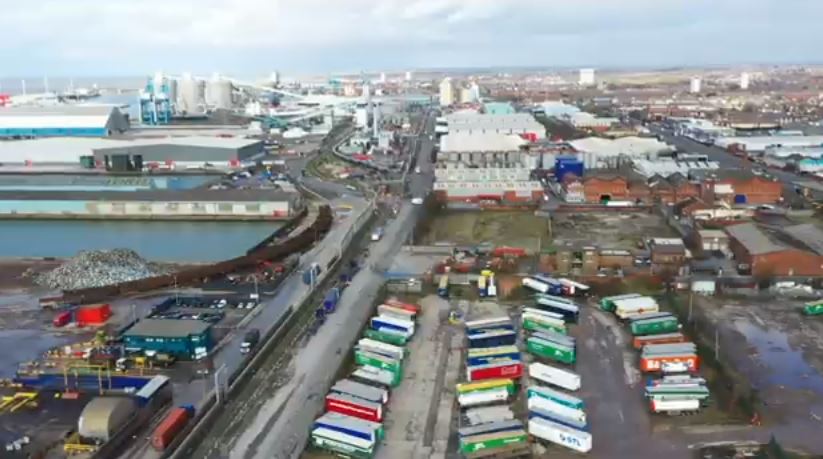Customs Clearance Services at Port of Liverpool
Liverpool Port, situated in the city of Liverpool, England, stands as a prominent seaport nestled along the River Mersey estuary, connecting seamlessly with the Irish Sea. This strategic location has catapulted Liverpool Port into a position of utmost significance within Europe and the global shipping industry.
Liverpool Port offer a rich history that traces its origins back to the 12th century when its primary functions were centered around fishing and trade. However, it wasn’t until the 18th century that Liverpool burgeoned into a major trading hub. This transformation was fueled by its involvement in the transatlantic slave trade and the burgeoning British Empire. Liverpool Port played a pivotal role in the evolution of Liverpool as a bustling global city, significantly contributing to its economic prosperity.
Today, Liverpool Port continues to hold its status as one of the world’s busiest and most vital ports. Its influence extends across the global shipping landscape, with the port efficiently handling millions of tons of cargo annually. Its primary exports encompass manufactured goods, chemicals, and food products, while raw materials and consumer goods form the core of its imports.
Liverpool Port have a robust infrastructure featuring two container terminals, one deep-sea terminal, and river berths. Additionally, it possesses state-of-the-art facilities to handle bulk cargo, including coal, oil, and grain. The modernized infrastructure facilitates the swift loading and unloading of vessels, a critical factor for traders reliant on punctual deliveries.
Customs Clearance at Liverpool Port:
Customs clearance stands as a pivotal process for all ports, including Liverpool Port. It encompasses the requisite procedures and documentation mandated by customs authorities for the entry and exit of goods in and out of a country. This meticulous process ensures strict adherence to local laws and regulations concerning imports and exports.

For Liverpool Port, seamless customs clearance is paramount, given the massive volume of cargo it handles annually. Any lapses or delays in this process can result in substantial financial losses for traders and disrupt the flow of goods, thereby impacting the port’s operational efficiency.
Contact Us:
To mitigate these risks and streamline the customs clearance process, it is imperative to enlist the services of a dependable and proficient customs clearance agent, such as GR Freight Services. These agents possess in-depth knowledge of local customs laws and regulations, expediting procedures and documentation for traders.
Customs clearance agents also play a pivotal role in guaranteeing the accurate payment of taxes and duties, averting penalties and delays. Furthermore, they offer invaluable guidance to traders on adhering to customs regulations, ultimately saving them both time and money.
Recent Blog
-
Understanding Commodity Codes for Trading Success: A Comprehensive Guide
-
The Definitive Guide to Incoterms for Global Trading Partners
-
The Importance of Harmonized System (HS) Codes in Global Trade
-
Ultimate Guide: Import Mangoes to UK from Pakistan | Mango Import Process Explained
-
Fast Customs Clearance Services at Harwich Port – Get Cleared Today!
